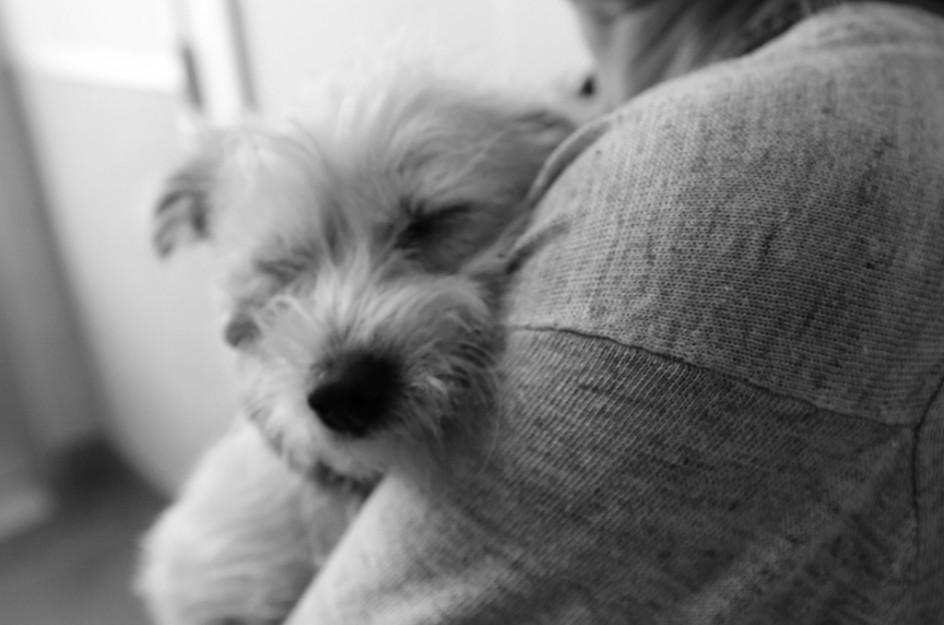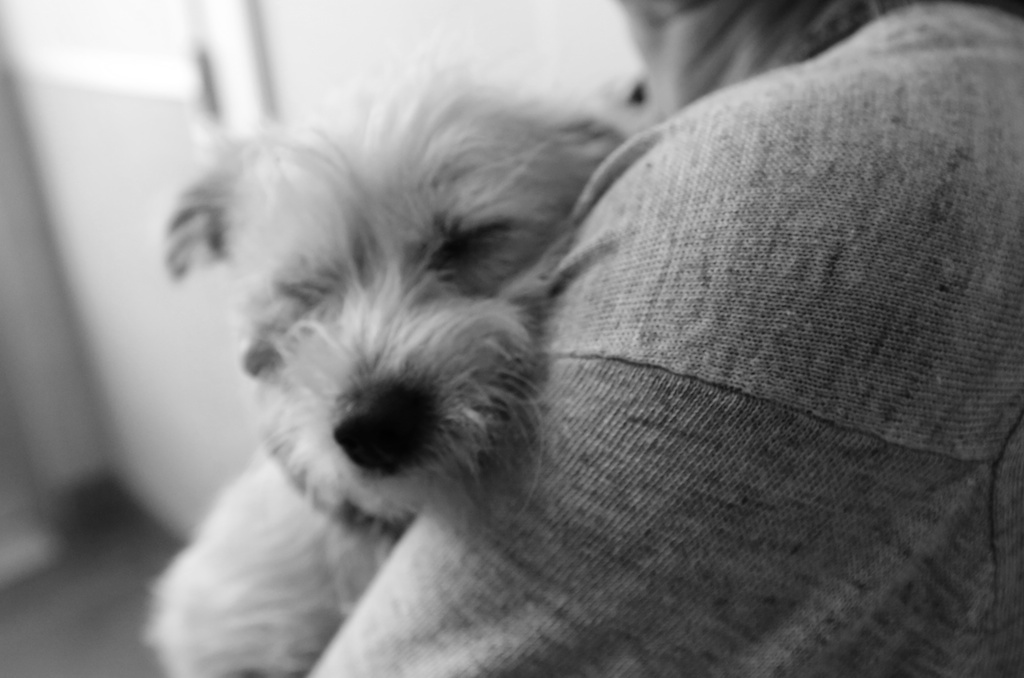
Shelter workers understand the idea of the adoptable dog, and the dog that is not so adoptable. In recent years, the “no-kill” idea has become popular with shelters and it is a wonderful idea, but an idea that has always troubled me in terms of animal and human ethics. I do not believe it is always a noble thing to keep an animal who is not adoptable alive for years in unnatural confinement, it is not a fate I would ever wish for my dogs.
The no-kill idea does not seem sustainable to me, I don’t see how we can or should keep every domesticated animal alive at all costs by any means at staggering expense. We live in a world with diminishing resources and many human children and adults in need. None of them are promised or guaranteed a no-kill life of protection and sustenance, it would be wonderful if that were possible. It will not happen. Even as the idea of animal rescue grows, the notion of human rescue seems to have fallen from favor, it is almost heresy in our political system.
Very few towns and America can muster the financial support that the Silicon Valley Humane Society can and in a world of increasingly scarce money and resources, that’s one reason the no-kill idea is not sustainable. The other is an ethical issue: I’m not sure it is really even humane.
Living on a farm with animals has brought me much perspective, some of it painful and unwanted. You learn that life and death are equal parts of an animal’s life, and every time an animal dies there are outraged messages of shock from people who believe they never should. No animal lives a no-kill life, that is a human ideal born out of the deepening human-companion animal bond. At the Silicon Valley Humane Society, where they do not quit on animals, I heard an idea I like, that seemed both humane and grounded and thoughtful: they keep animals alive in the best way they can for as long as they can.
How sensible, how ethical, how honest and human.
My notion would to not tie the hands of shelter officials and rescue groups when it comes to the life and death decisions about animals in trouble and need. Sometimes animals have to die, animals are not immune from the realities of life. Nobody who works in a shelter does not love animals, will not fight for them, and when animals can be saved, the ought to be, and when they can’t be saved, I believe they ought to be released from the unnatural world of the shelters and freed of human ideas of mercy and compassion.
Everywhere across the spectrum of the animal world – breeders, rescue groups, shelters, politicians, animal rights advocates, breed champions – I see a loss of perspective. As in our political system, ideas are no longer discussed, they are simply stated and defended. Animals deserve better, in life and in death.

